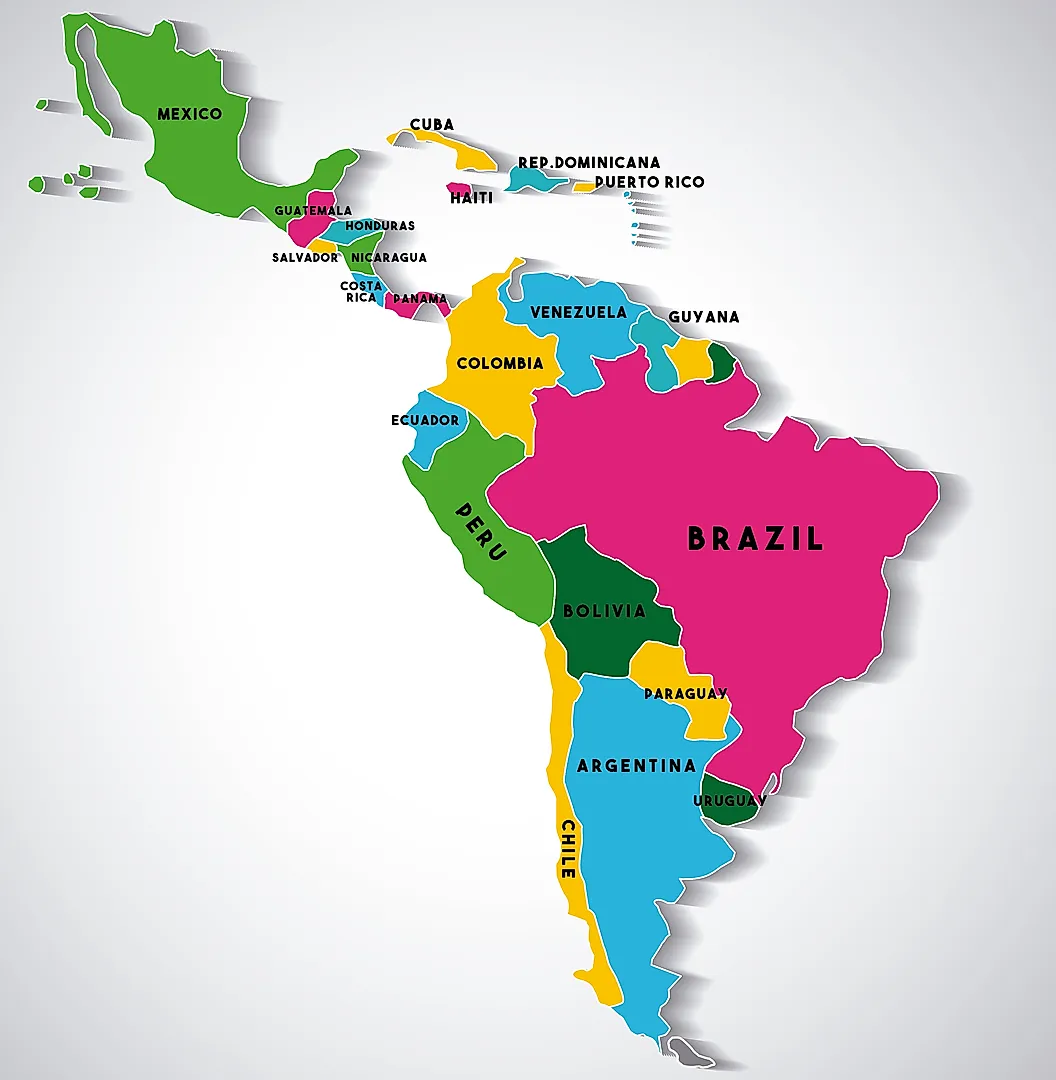Despite Argentina’s claims to the contrary, the United States government’s bailout appears to come with strings attached: they want China “out” of Argentina. But with Argentina exporting billions in goods to China each year and some chunky prospective infrastructure projects on the cards, would President Javier Milei really cut ties — and could he afford to do so?
This wrangle is being watched closely in the region: China is among most Latin American countries’ main trading partners, and many have commercial and military cooperation agreements with Beijing. Now, the U.S. government is pushing to change that: Treasury Secretary Scott Bessent said after his first meeting with Milei that the U.S. did not want Latin American countries to start doing mining rights for aid deals with China, as it has in Africa — a characterization China has strenuously denied.
U.S. President Donald Trump has described Milei’s Argentina as a “beacon” for the region, prompting questions about what might be in store for its regional neighbors.
The U.S. financial support package is designed to stave off a financial crisis for Argentina around the October 26 mid-term elections. While the U.S. has intervened directly in Argentina’s currency market to prop up the peso, concrete details of the bailout have remained elusive. Trump and Bessent said this week that the support would depend on Milei’s party performing well in the national mid-terms — although Bessent later softened this to say that Argentina would simply need to pursue “good policies.”
Trump: ‘I’d be very upset’ Relations with China featured prominently during a lunch meeting between Milei and Trump in Washington on Tuesday. “You can do some trade, but you certainly shouldn’t be doing beyond that,” Trump said. “Certainly, [they] shouldn’t be doing anything having to do with the military with China. And if that’s what’s happening, I’d be very upset about that.”
Days ago, U.S. Treasury Secretary Scott Bessent had said that Milei was “committed to getting China out of Argentina” — although he added on Tuesday that he was referring to “ports, military bases, observation facilities that have been created in Argentina” and that U.S. assistance “is not predicated on” closing the country’s US$18.5 billion currency swap with China.
Argentine Economy Minister Luis Caputo has also said the China swap agreement would continue.
The Chinese embassy in Argentina decried Bessent’s comments in a public statement, saying that his words show the “Cold War mentality” of some U.S. officials “who only seem to operate with the goal of confronting and intervening in the affairs of other sovereign nations.”
China is Argentina’s second-largest trade partner after Brazil, the largest supplier of Argentine imports, and the main importer of Argentine beef and soy. “Eighty percent of Argentine meat exports goes to China,” said Alejandra Conconi, executive director of the Argentine-Chinese Chamber of Commerce.
Important Chinese projects in Argentina include the construction of two hydroelectric dams in Santa Cruz — which have been on stand-by since 2020 — and a contract to build Atucha III, which would become Argentina’s fourth nuclear power plant. China also has a scientific deep space observation facility in Neuquén province, which skeptics say operates with hermetic secrecy. However, there are no Chinese military bases nor ports in Argentina, and at present there are no plans to do so.
Cooling relations? The cooling in relations didn’t start with Trump. Rather, it appears to be rooted in Milei’s own worldview: the president made explosive comments about the Asian giant before he ever reached the Casa Rosada.
“Not only will I not trade with China, I will not trade with any communist,” Milei said in September 2023, a month after coming first in the presidential primaries.
Relations with China have grown “cold” since Milei became president, according to Patricio Giusto, head of the Chinese-Argentine Observatory — but he added that, given the president’s previous comments, “it could have been worse.”
Anti-communist rhetoric notwithstanding, Milei made a U-turn in mid-2024, calling China “a very interesting trade partner” in an interview after negotiating the renewal of the currency swap, which China had suspended when Milei took office.
Two months later, Milei met Chinese President Xi Jinping for the first time at the G20 summit in Brazil. They discussed building constructive cooperation between the countries and expanding their commercial ties. Although there have been no major new economic announcements, they have signed several trade agreements, including resuming Argentine poultry exports and starting to export nuts, as well as signing a key tax agreement with China.
One of the main points of interest has been completing the two dam projects, which have been stalled due to a lack of funding on the Argentine side. The Milei government initiated talks to restart works, but there have been no concrete developments yet.
“If Argentina now says ‘We are out of this project, we are not interested,’ China will probably decide not to continue investing a single dollar in other projects,” Giusto said.
You may also be interested in: How China’s new Peru megaport gives it a foothold in South America
So, will Milei break up with China for Trump? “It’s hard to think how that would be carried out in practical terms,” Giusto said. “China is a major source of investment in many sectors: energy, railroads, lithium, mining. For Argentina to drop any of them right now would be absurd.”
Conconi said that Bessent and Trump’s comments were intended to “intimidate” Chinese investors, but China is very unlikely to stop investing in Argentina. “Argentina cannot operate without China. Without its imports, the national industry would not work,” she said. China is a key supplier of agricultural and construction machinery, industrial equipment like motors and electrical transformers, solar panels, trucks, and even train parts.
Conconi believes that any potential moves from Milei to scale back commercial relations with China will not stop ongoing investments, but they “could slow them down or put new agreements and investments on stand-by.”
China is unlikely to break any contracts of their own accord, but would surely retaliate if they feel attacked, Giusto added.
Provincial projects “Could Argentina find a way to block Chinese investments? Yes, of course, but what would the benefits be?” he said, adding that potential “retaliations” could include breaking the contracts over the dams and space observatory, as well as trade. “Would the U.S. replace all that? Will they start buying soy and beef from us?”
Giusto says Argentina should keep doing business with both China and the U.S. — and keep Milei’s personal views out of it. “Most countries don’t put ideology first. In this case, there’s no strategy. Milei is now asking for help out of necessity and desperation.”
Giusto and Conconi both pointed out that dealing with China isn’t up to Argentina’s national government alone: rare earth minerals and other natural resources belong to the provinces, not the national government, and governors will likely want to protect any Chinese investments and projects in these areas. “Governors from all over the political spectrum travel to China and are avid for cooperation,” Conconi pointed out.
“It will all depend on what Milei decides to do,” Giusto said. “If he decides to kick China out of Argentina, or restrict or ban China, I think we could see a response even tougher than commercial retaliation.”




